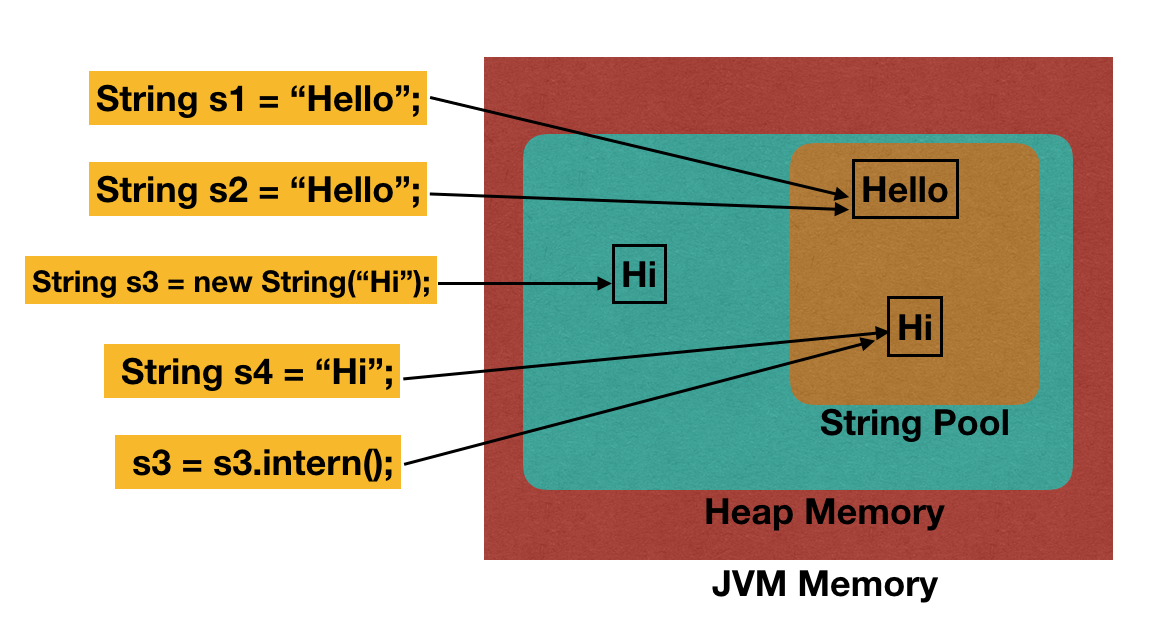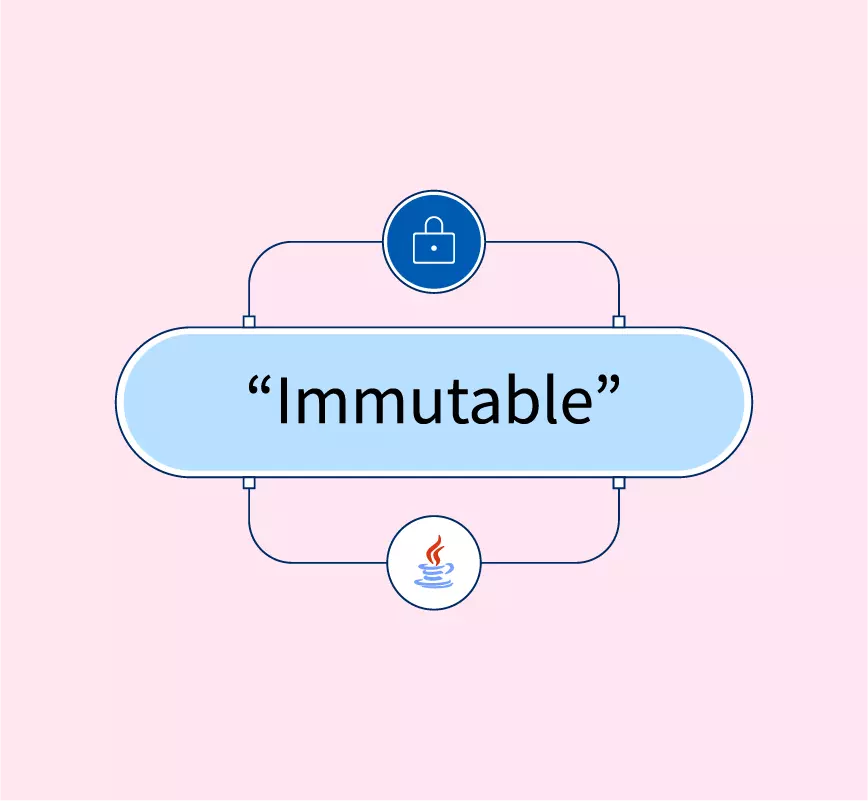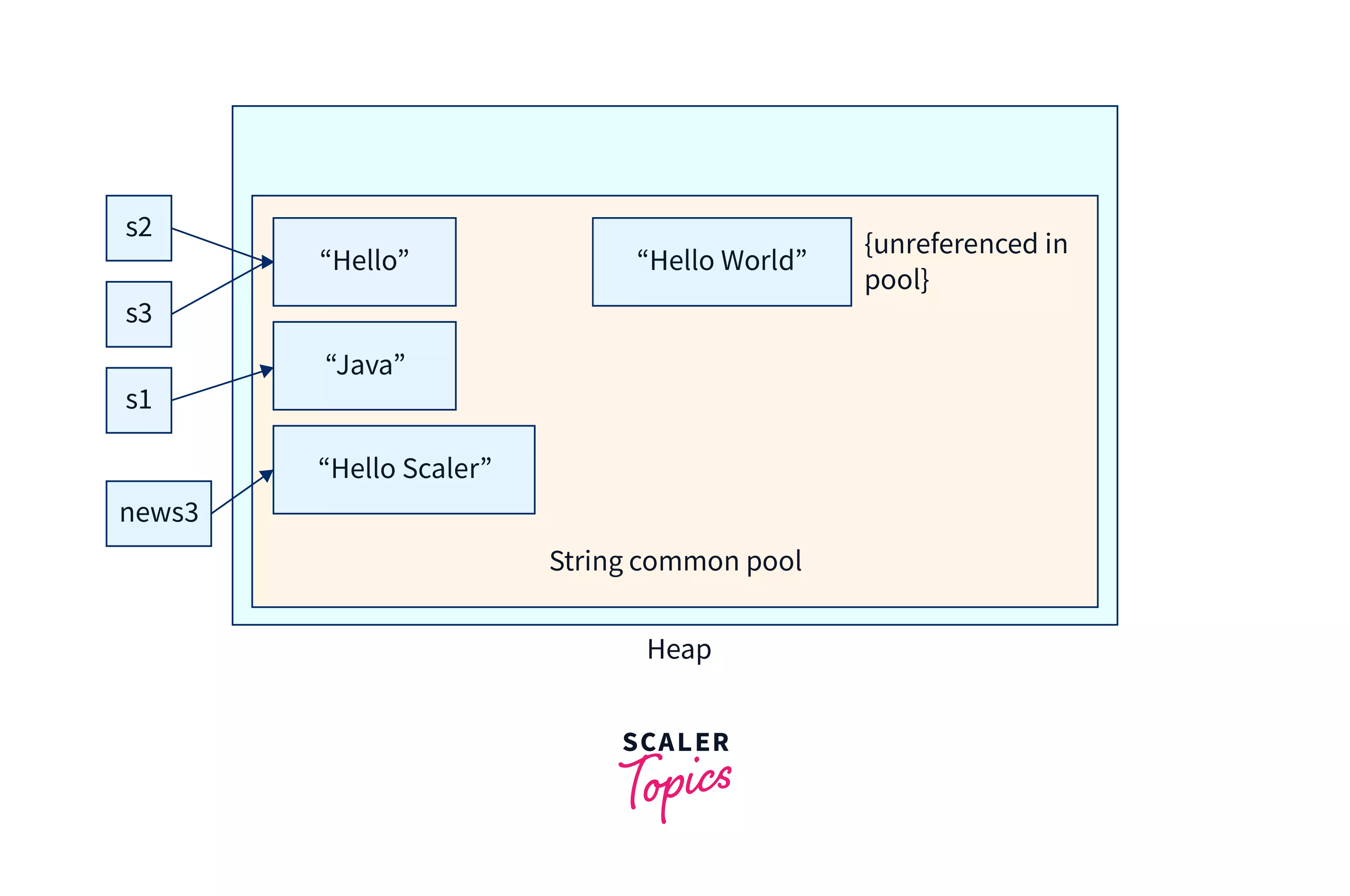Why Are Strings Immutable in Java? Insights right into Memory Effectiveness
Immutable Strings: A Key Element in Ensuring Data Uniformity and Integrity
In the realm of information administration, the importance of immutable strings can not be overemphasized. These constant sequences of characters play a critical role in maintaining the honesty and precision of information within systems. By maintaining a state of immutability, data uniformity is made sure, fostering a structure of reliability whereupon crucial processes rely. The idea of immutable strings transcends simple formality; it is a cornerstone in the complex internet of information governance. As we discover the advantages, execution techniques, and sensible applications of unalterable strings, a more clear image arises of their crucial nature in protecting the digital landscape.
The Concept of Immutable Strings
Immutable strings, a fundamental principle in programming, describe strings that can not be changed when they are produced. Basically, once a string value is assigned, any procedure that shows up to customize the string really creates a new string. This immutability ensures data consistency and dependability in applications, as it prevents unforeseen modifications to the initial information.
Advantages in Information Uniformity

Information consistency is critical in various facets of software program development, consisting of data source management, multi-threaded settings, and dispersed systems (Why are strings immutable in Java?). Unalterable strings contribute considerably to attaining this uniformity by stopping data corruption due to concurrent gain access to. In situations where numerous procedures or strings communicate with the same information concurrently, unalterable strings function as a secure versus race problems and synchronization concerns
Additionally, the immutability of strings streamlines debugging and screening processes. With immutable strings, designers can rely on that once a string is established, it will certainly stay the same, making it easier to map the resource of mistakes and making sure that examination situations create regular outcomes. This integrity in information dealing with eventually causes extra robust and steady applications.

Applying Unalterable Strings
Ensuring the immutability of strings calls for a thoughtful strategy to their implementation in software development. One crucial strategy is to design string classes in a manner that prevents alterations when a string item is developed. By making strings immutable, programmers can boost information uniformity and reliability in their applications.
To execute unalterable strings successfully, developers need to favor developing new string things as opposed to modifying existing ones. This method makes sure that as soon as a string is assigned a value, it can not be transformed. In addition, any operation that appears to modify the string needs to create a new string with the preferred adjustments instead of altering the initial.
Moreover, using immutable strings can streamline concurrency monitoring in multi-threaded environments. Since unalterable strings can not be transformed after development, they can be securely shared amongst multiple threads without the risk of data corruption.
Function in Reliability Guarantee
In software application growth, the usage of immutable strings plays a critical function in ensuring the dependability of information procedures. Immutable strings, when created, can not be modified, making sure that the data they represent stays constant throughout the application's implementation. This immutability residential or commercial property gives a level of guarantee that the information being processed will not be inadvertently transformed, causing unexpected results or mistakes in the system.
By including immutable strings into software application layout, developers can enhance the integrity of their applications by decreasing the dangers connected with mutable information - Why are strings immutable in Java?. Immutable strings help in avoiding information corruption or unintended adjustments, which can be especially important when taking care of sensitive details or when data honesty is vital
Moreover, the usage of immutable strings streamlines simultaneous processing, as numerous strings can securely accessibility and share string information my site without the threat of one string changing the material while one more is reviewing More hints it. This facet contributes dramatically to the total dependability of the software program system, making certain consistent and foreseeable behavior in information dealing with procedures.
Applications and System Combination
The smooth integration of unalterable strings into numerous applications and systems is critical for making sure durable information consistency and dependability across diverse technical atmospheres - Why are strings immutable in Java?. Unalterable strings play a crucial duty in enhancing the stability of information exchanges and communications within facility software communities. By integrating immutable strings right into applications, programmers can alleviate the threats related to data tampering, unapproved adjustments, and unintended changes, thus strengthening the general protection posture of the system
Unalterable strings can enhance interoperability between diverse systems by supplying a standard format for information representation, enabling more efficient information processing and exchange procedures throughout interconnected platforms. By taking on immutable strings in applications and system assimilation processes, organizations can strengthen their information infrastructure and maintain the dependability and consistency of their info assets.
Conclusion
Finally, unalterable strings play a crucial role in keeping information consistency and integrity in numerous applications and system combinations. By guaranteeing that strings can not be transformed once developed, the stability of data is protected, decreasing the danger of disparities and errors. Executing immutable strings can considerably improve the dependability of systems, eventually bring about even more reputable and exact data handling.
